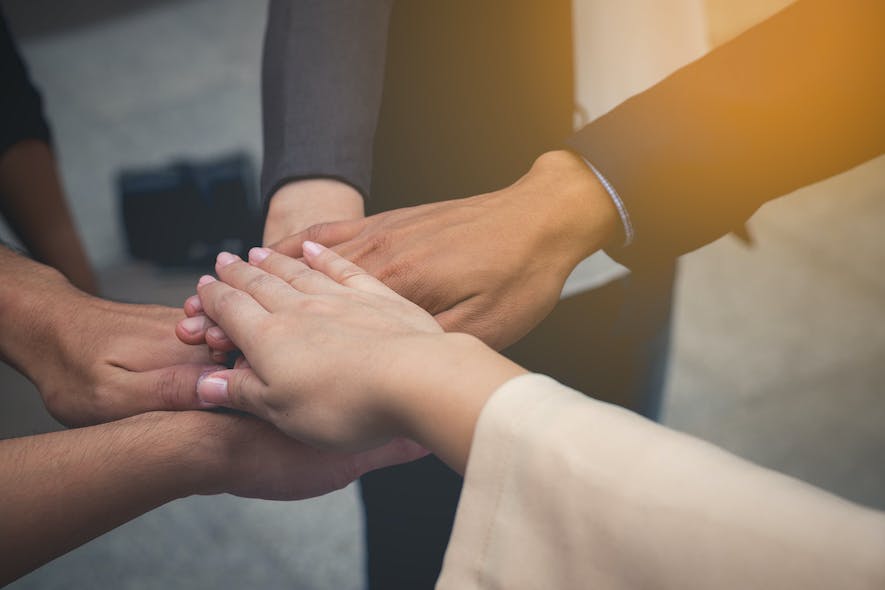

As they gain experience with alternative payment models, how can healthcare executives do a better job of partnering with community-based organizations (CBOs) to address patients’ health-related social needs and decide what is meaningful to measure? A panel of innovators at the Health Care Payer Learning & Action Network (LAN) Summit in Washington, D.C., described their experiences.
The panel was moderated by Marshall Chin, M.D., M.P.H., professor of healthcare ethics at the University of Chicago and the LAN’s Health Equity Advisory Team (HEAT) Co-Chair, and Karen Dale, R.N., M.S.N., market president of AmeriHealth Caritas District of Columbia and HEAT Co-Chair.
“The HEAT has developed a theory of change focused on how alternative payment models advance health equity. An important driver of change, among others, is partnering with community-based organizations providing local health-related social needs services,” Dale said. “The HEAT has been hard at work over the past year to develop guidance, which facilitates action to establish impactful partnerships with CBOs that are trusted and responsive to health-related social needs in a community. By way of these important partnerships, the communities will more likely experience positive health outcomes and full engagement concurrently. Healthcare partners can reduce traditional medical care expenditures by addressing these needs and potentially preventing downstream resulting health issues, conditions or other healthcare challenges.”